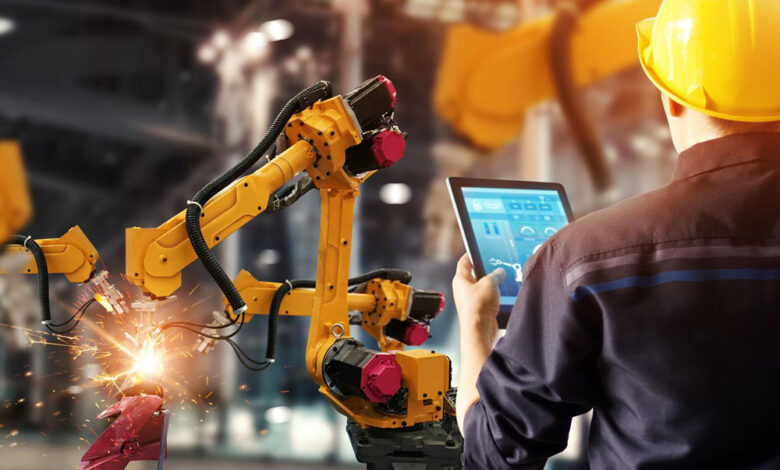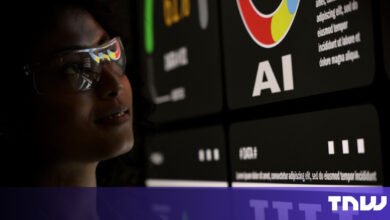AI & Cybersecurity Skills: The New Must-Haves for Manufacturing Workers

▼ Summary
– Over half of manufacturers are piloting or deploying smart manufacturing initiatives, with 20% already implementing them at scale.
– Cybersecurity risks, competition, and workforce challenges have replaced energy costs as top obstacles for manufacturers.
– 50% of manufacturers plan to use AI and ML for quality control within the next year, while 49% intend to apply these technologies to cybersecurity.
– Manufacturers face a significant data utilization gap, with only 44% of collected data being used effectively despite its potential for security and resilience.
– A lack of skilled workers remains a critical challenge, driving 41% of manufacturers to use AI, ML, and automation to address labor shortages.
The manufacturing industry stands at a pivotal moment, driven by rapid digital transformation and the growing integration of smart technologies. According to recent findings, a significant majority of manufacturers are either piloting or scaling smart manufacturing initiatives, with only a small fraction yet to begin investment. While energy costs have receded as a primary concern, issues like cybersecurity threats, competitive pressures, and workforce shortages now dominate the strategic agenda.
Manufacturers are increasingly focused on minimizing risk through solutions that blend automation, artificial intelligence, and secure, cloud-integrated systems. These technologies help maintain operational continuity, reduce exposure to cyber and compliance issues, and build resilience in the face of economic uncertainty. Half of the manufacturers surveyed intend to implement AI and machine learning to enhance quality control within the coming year.
Supply chain management is another area undergoing significant change. Dynamic market conditions and tight profit margins are pushing companies to adopt smarter, more responsive approaches. More than a quarter of organizations are reassessing critical suppliers to mitigate external risks, reevaluating everything from sourcing strategies to cost structures. These internal and external challenges are accelerating digital adoption, with over 80% of respondents acknowledging that transformation is happening faster than anticipated.
Cloud platforms and AI continue to lead technology investment priorities, closely followed by cybersecurity and quality management systems. While cloud and AI are already proving valuable in supporting smart manufacturing, cybersecurity and quality measures are viewed as essential for long-term resilience and return on investment. Despite collecting vast amounts of data, many organizations still struggle to use it effectively, only 44% of collected data is leveraged for actionable insights. Still, a growing number of firms are applying data analytics to bolster security and monitor supply chain vulnerabilities.
A persistent shortage of skilled workers remains a critical barrier to competitiveness. In response, 41% of manufacturers are turning to AI, automation, and machine learning to bridge talent gaps and address labor shortages. This shift is fueling demand for employees skilled in both AI and cybersecurity, with many leaders believing AI will have the most significant impact on overcoming workforce challenges. By automating routine tasks, companies can reallocate skilled personnel to higher-value activities, enhancing overall productivity. Process optimization ranks among the top three planned uses of AI and ML in the near term.
Cybersecurity has emerged as the second-largest external obstacle to growth this year. As AI adoption expands, so does the potential for sophisticated cyberattacks. Manufacturers are seeking the right combination of skilled personnel and advanced technology to strengthen their defenses. As a result, cybersecurity expertise is becoming one of the most sought-after skill sets in the industry. Over the next five years, the most valuable employee skills will blend AI proficiency, cybersecurity knowledge, and strong analytical and problem-solving capabilities.
Nearly half of all manufacturers plan to deploy AI and machine learning specifically for cybersecurity purposes, reflecting a notable increase from the previous year. Simultaneously, more organizations are using data-driven insights to preempt cyber threats. Industry leaders emphasize that AI and ML will play a defining role in quality control, cybersecurity, and process optimization, enabling manufacturers to harness accurate, real-time data for smarter decision-making.
(Source: HelpNet Security)





